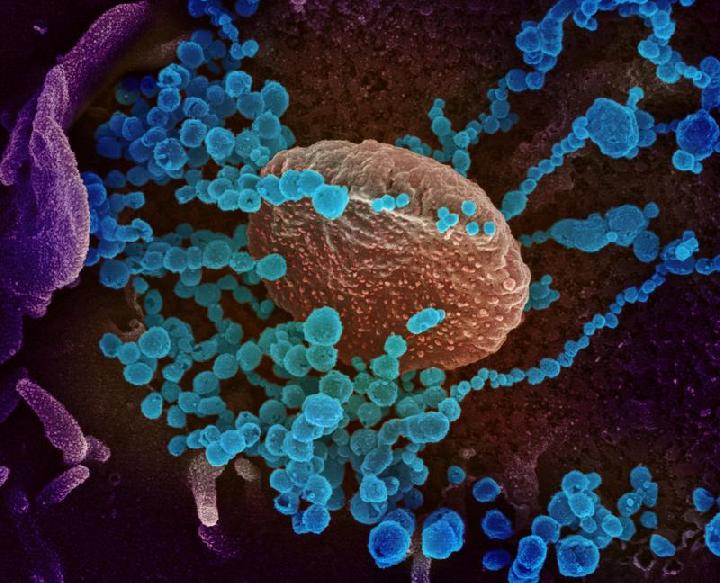Accepting the New Normal is Key for Protecting Mental Health: Expert
Translator
Antara
Editor
Petir Garda Bhwana
Minggu, 31 Oktober 2021 10:15 WIB

TEMPO.CO, Jakarta - Adapting to the new normal era as well as accepting it is crucial for protecting mental health in the midst of the COVID-19 pandemic, an expert from the University of Indonesia has said.
"Do normalization of (the current way of) life. Indeed the situation has changed a lot but this is what is considered normal," Dr. Kristina Siste Kurniasanti, a specialist in psychiatry from the Faculty of Medicine, the University of Indonesia, said at a health event hosted online on Saturday.
Begin the day with something relaxing, she suggested. Self-encouragement and smiling are also ways to get positive energy, she added.
"(The other steps are) Physical exercise, adequate sleep, and healthy eating, and worship," she said.
"The next step is to acknowledge your needs and measure your strengths," she added.
"Everyone has different limits, so it is not wise to force yourself to follow other people's rhythm of activities. You can also take a break from your routine to boost creativity and manage stress," she said.
Stress can be managed by writing a diary, exploring new hobbies and fun activities, avoiding smoking or drinking alcohol and usage of drugs, as well as maintaining communication with peers, she said. Those are important to do as a form of self-love to maintain mental health at its best, especially during the COVID-19 pandemic, she added.
"I always recommend not using (text) chat, but (it is better to) use video calls so that there is a (sense of) emotional closeness," she said.
Kurniasanti highlighted the importance of eating healthy foods, getting enough and regular exercise, as well as making priorities, and following a regular schedule daily.
COVID-19 affects mental health greatly, she said. The mental health problems that could develop during the pandemic range from anxiety, depression, suicidal tendencies, as well as addiction, she added.
"Some who have previously recovered experienced re-admission during this pandemic," Kurniasanti commented.
Mental health problems can also stem from dwelling on the high death toll caused by COVID-19, which may raise concerns about oneself and near and dear ones, Kurniasanti said.
"Other triggers are hoaxes about COVID-19, worry about health services, stigma, and discrimination," she added.
Trauma from losing a loved one due to COVID-19 can also contribute to mental health problems, she added.
One in five people in Indonesia are experiencing anxiety during the COVID-19 pandemic, she informed. People who are most at risk of experiencing anxiety are young women, people suspected of having COVID-19, and people who lack social support, she said.
On the other hand, health workers generally are at a lower risk because on average they already have knowledge about COVID-19, she added.
Read: Komnas HAM: COVID-19 Cases Getting Worse during 'New Normal'
ANTARA




















